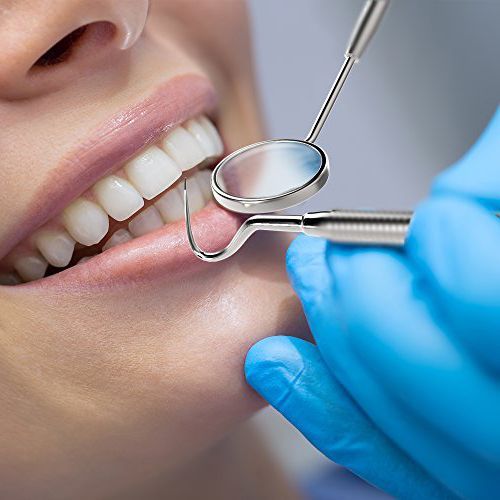
The Connection Between Oral Health and General Health
The mouth serves as the gateway to the body, meaning that oral health is closely linked to overall health. Poor oral hygiene can lead to an accumulation of bacteria in the mouth, which can contribute to infections and inflammation. These oral health problems can, in turn, affect other systems in the body, increasing the risk of various medical conditions.
1. Oral Health and Heart Disease
Numerous studies have found a link between oral health and cardiovascular disease. Gum disease (periodontitis) is a serious condition that can cause inflammation and infection in the gums. Bacteria from gum infections can enter the bloodstream, causing inflammation in blood vessels, which may lead to heart disease, stroke, or clogged arteries. By maintaining good oral hygiene, individuals can potentially lower their risk of cardiovascular issues.
2. Oral Health and Diabetes
People with diabetes are more prone to oral health problems, particularly gum disease. High blood sugar levels can create an ideal environment for bacteria to thrive, leading to infections and inflammation. Conversely, untreated gum disease can make it more difficult for diabetics to regulate their blood sugar levels, creating a dangerous cycle. Proper oral care, including regular dental checkups, can help individuals with diabetes maintain better overall health.
3. Oral Health and Respiratory Diseases
Poor oral hygiene can also contribute to respiratory problems. Bacteria from infected gums and teeth can be inhaled into the lungs, leading to respiratory infections, pneumonia, and worsening of conditions like chronic obstructive pulmonary disease (COPD). By keeping the mouth clean, individuals can reduce their risk of developing respiratory complications.
4. Oral Health and Pregnancy Complications
Pregnant women with gum disease have been found to have a higher risk of complications such as premature birth and low birth weight. Hormonal changes during pregnancy make women more susceptible to gum disease, which can trigger inflammation throughout the body. This systemic inflammation has been linked to adverse pregnancy outcomes. Therefore, expecting mothers should pay close attention to their oral hygiene.
5. Oral Health and Mental Well-Being
Oral health can also impact self-esteem and mental health. Issues like tooth loss, bad breath, and gum disease can cause embarrassment, anxiety, and social withdrawal. A healthy smile can boost confidence, improve social interactions, and enhance overall psychological well-being.
Essential Oral Health Practices
Maintaining good oral health requires consistent care and healthy habits. Here are some key practices that can help protect your teeth and gums:
1. Brush and Floss Regularly
Brushing your teeth at least twice a day and flossing daily are the most fundamental steps in oral hygiene. Brushing removes plaque and bacteria from the surface of the teeth, while flossing cleans between the teeth where a toothbrush may not reach.
2. Use Fluoride Toothpaste
Fluoride is essential for strengthening tooth enamel and preventing cavities. Choose a fluoride-containing toothpaste to provide additional protection against decay.
3. Maintain a Healthy Diet
A balanced diet plays a crucial role in oral health. Limiting sugary foods and beverages can reduce the risk of cavities. Consuming calcium-rich foods such as dairy products, leafy greens, and nuts can help keep teeth strong.
4. Stay Hydrated
Drinking plenty of water helps wash away food particles and bacteria, preventing dry mouth, which can contribute to tooth decay and bad breath. Water with fluoride also provides extra protection against cavities.
5. Visit the Dentist Regularly
Routine dental checkups and cleanings are crucial for maintaining oral health. Dentists can detect early signs of oral diseases, provide professional cleanings, and offer guidance on proper oral care.
6. Avoid Tobacco Products
Smoking and using tobacco products can have serious negative effects on oral health, including an increased risk of gum disease, tooth loss, and oral cancer. Quitting tobacco can significantly improve oral and overall health.
Conclusion
Oral health is much more than just having a bright smile—it plays a critical role in overall health and well-being. Poor oral hygiene can contribute to various health issues, including heart disease, diabetes, respiratory problems, and mental health challenges. By adopting good oral hygiene habits, maintaining a balanced diet, and visiting the dentist regularly, individuals can protect their oral and general health. Prioritizing oral care is a simple yet powerful way to promote long-term well-being and enhance quality of life.